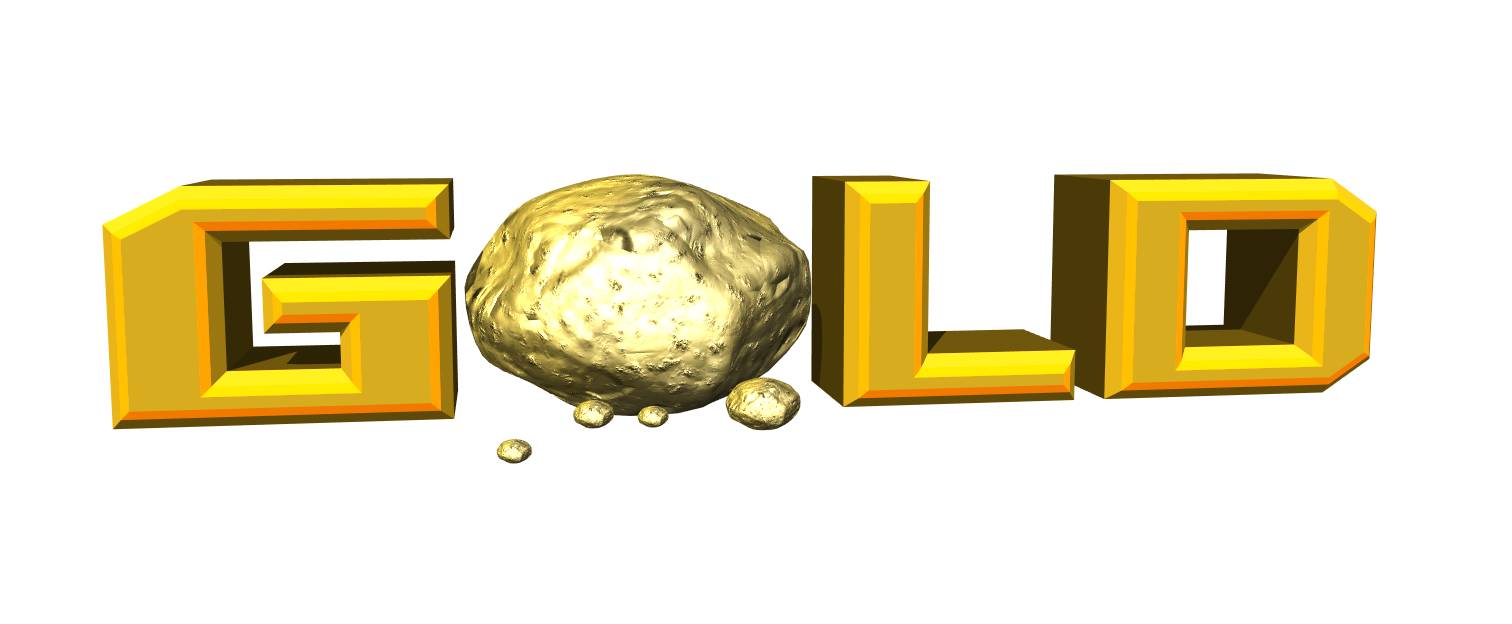Tag Archives: Passover
Nuggets from Exodus 12 and 13
Exodus 12:23, Pass over. Heb. pasach/Jxp meaning “to skip over, limp, to be lame,” and hence, the Hebrew name for Passover, which is Pesach. The word pesach refers to both the lamb that was sacrificed on Passover day, and to the day itself.
Exodus 12:23, 27 cp. 6:6 (also Deut 5:15; 7:19), The destroyer…who passed over…he smote the Egyptians cp. Will redeem you with an outstretched arm. Who is the outstretched arm or YHVH? It is Yeshua (Isa 53:1 cp. Isa 52:10; 40:10; Ezek 20:34–35) who is at the right hand of Elohim (e.g. Rom 8:34; Col 3:1; etc.). We know that the preincarnate Yeshua, the Malak (mistranslated in most Bibles as Angel) or Messenger of YHVH led Israel through the wilderness. Likely, the preincarate Yeshua was the arm of YHVH’s judgment against Egypt’s firstborn, even as he will be the hand of Elohim’s judgment against the wicked in last days and at his second coming (Rev 19:15, 21).
Exodus 12:31, 33, Rise up, get you forth. YHVH was leading Israel out of Egypt, while Egypt was, at the same time, thrusting Israel out of that nation.
This verse marks the beginning of Israel’s exodus from Egypt. The later biblical prophets speak about end times Israel being scattered and enslaved in the nations of the world (i.e. Babylon the Great). However, as a result of a series of miraculous events and YHVH’s judgments against their captor nations, end times Israel is finally set free. Released, they will return to the Promised Land of Israel where Yeshua the Messiah will rule and reign over them. Many biblical prophets predict this glorious event happening, and the Jewish sages have tenaciously clung to this hope for two millennia. This event (actually, a series of events) has euphemistically been referred to as “the second exodus.” Many scriptures (e.g. Isa 11:10; 12:6; Jer 16:14–15; 23:7) refer to this when they prophesy of another exodus of Elohim’s people to occur in the last days which will be much larger in scope and will involve many more nations than the first exodus from Egypt.
Exodus 12:38, The mixed multitude. In the end times, the wheat and chaff or tares will be separated from each other in the wilderness of the peoples (Ezek 20:35–38). Yeshua discusses this purging process in his parable by the same name (Matt 13:24–30).
Exodus 13:3, Went out of Egypt…no leavened bread. What is the spiritual connection between coming out of Egypt and the memorial (v. 9) of eating unleavened flat bread? The keeping of the Feast of Unleavened Bread and the command to eat flat bread was to be an object lesson for successive generations Israelites as a sign and a memorial of what YHVH did against Egypt and of Israel’s deliverance (vv. 8–9). As the strong right arm of YHVH’s judgments (v. 3) pressed down upon proud and exalted Egypt until it was flattened as a nation, even so, YHVH’s judgment against the sin and idolatry in our lives demands that we become flattened, deleavened and contrite before him. He desires to squeeze or press out of us all the leaven of sin and pride that we have inherited from spiritual Egypt. In the Scriptures, since leavening puffs up and sours bread, it is a biblical metaphor for sin, which does the same to the human heart and mind. It causes bitterness, pride, insincerity, hypocrisy and giving rise to false teachings and doctrines of men. We must put out the leaven of sin from our lives and from our spiritual assemblies, as Paul admonishes. The Feast of Unleavened Bread pictures this process. The saints are to keep the feast not with the old leaven of malice and wickedness, but with the unleavened bread of sincerity and truth (i.e. the Torah, 1 Cor 5:8, read vv. 1–11 for context).
Exodus 13:18, 21, But Elohim led the people…and YHVH went before them…to lead the way. What are some other ways by which YHVH leads or speaks to his people?
- Through his Word (Ps 119:105)
- By his Set-Apart Spirit who leads us to into all truth (John 16:12)
- Through his divinely appointed leaders (Eph 4:11–16)
- By directing the steps (through life’s circumstances) of a righteous man (Ps 37:23–24; Prov 16:9)
- By directing the hearts of men (Prov 21:1)
- Through prophetic words (Num 12:6)
- Through dreams and visions (Num 12:6)
- Through wise counselors (Prov 24:6)
- Through Divine Messengers from heaven (e.g. Judg 6:11–14; 13:3)
Nuggets from Parashat Va’eira
YHVH’s People to Be Spared From His Wrath—Not Tribulation
Exodus 8:22; 9:4, 26, Set apart the land of Goshen. YHVH separated the children of Israel from the Egyptians in that he spared them from the last seven plagues. What does this teach us about the judgments of Elohim? The Israelites were made to go through the first three plagues only. Do YHVH’s people ever experience trials and tribulations? (Read Deut 8:2–5; 2 Tim 3:12; Heb 11, the entire chapter; Rev 7:9–14.) Do the saints need spiritual refinement in order to help them become the chaste bride of Yeshua who is without the spot and wrinkle of sin? (Read Eph 5:27; 1 Cor 3:9–17.) The saints may go through tribulation, but they will not have to experience Elohim’s wrathful judgments unto death upon a wicked world (1 Thess 1:10; 5:9 cp. Rev 6:17; 7:2–3). Other examples of the saints going through tribulation, but then being delivered before Elohim poured out his final wrath upon the wicked include Lot in Sodom, and Noah at the flood.
Exodus 8:23, I will make a difference. As YHVH intensifies his judgments on a nation to get that nation’s attention, he, at the same time, will highlight his true servants by affording them special protection from the judgments. He delivered both Noah and Lot from his severe judgments upon the surrounding heathen rebels. This will occur in the end times when YHVH will allow some of his servants to escape his judgments (Ezek 9:4; Luke 21:36; Rev 7:4; 9:4).
Exodus 10:23, But all the children of Israel. YHVH protected the children of Israel from the most severe plagues that fell upon Egypt (Exod 8:22; 9:4, 6; 10:23; 11:7; 12:13). Similarly, YHVH spared Noah and Lot from the utter destruction that fell in their days. In the last days, YHVH will protect his Continue reading
The Seven Steps of Redemption or Salvation in Exodus
Exodus 6:1–9, YHVH redeems Israel. The stage is set for Israel’s redemption in Exodus 5:22–23. Yet Moses’ first venture to Pharaoh was a disaster. The plight of the children of Israel had deteriorated instead of improved. Discouraged, Moses almost takes on an accusative tone toward YHVH (Exod 5:22–23). Graciously, YHVH doesn’t rebuke Moses, but as a loving Father encourages him to refocus on his word and the veracity and surety of his promises (Exod 6:2–5).
YHVH encouraged Moses upward and onward despite his discouraging first attempt at gaining the release of the children of Israel. Is it possible that YHVH allowed immediate success to elude Moses at his first encounter with Pharaoh to bring Moses “to the end of himself” with regard to any tendency he might have had to rely primarily on himself and on his own wisdom? After all, Moses, as either Pharaoh’s adopted grandson or his nephew (depending on whether this was the Pharaoh of Moses’ childhood or his son), had an “in” with the monarch that could have been exploited for the benefit of securing the release of Israel. As YHVH wanted Moses to rely on him alone for Israel’s deliverance, so YHVH wants us to rely on him alone to accomplish his purposes in our lives and not any human abilities that we may possess. We have to be totally Continue reading
The Second Passover and the Lost Sheep of the House of Israel
Numbers 9:6–11, Defiled by a human corpse. This passage can also be understood allegorically. The second Passover is a prophetic picture pertaining to the lost and scattered sheep of the house of Israel who, like those individuals in this passage, had been journeying in exile (just like the prodigal son in Yeshua’s parable) among the Gentiles in a foreign land and away from the land and Elohim of Israel. In the process of their spiritual wandering, they have become defiled by sin and death (likened here to touching a human corpse), since the wages of sin is death (Rom 6:23), and all have men have sinned and fallen short of the YHVH’s glory (Rom 3:23). While in exile (again like the prodigal son in the parable), they awake to their spiritual apostasy and want to come back home to observe the Passover (a picture of redemption or salvation).
Passover is the only biblical festival for which YHVH’s allows a make up. At the first Passover in Egypt, those who weren’t in their houses under the lamb’s blood-painted doors fell under the death penalty for sin and were killed. This teaches us that Passover is a picture of man’s obtaining salvation through the blood of Yeshua, the Messiah who is the Lamb of Elohim.
YHVH desires that all men be saved and come to know Yeshua the Savior, and Passover is a picture of this. This is why he gives men a second chance to keep the Passover—he wants all to be saved (John 3:16; 2 Pet 3:9), including his lost, scattered, exiled and prodigal children from the house of Israel.
After Passover, why do we need the Day of Atonement?
Leviticus 16:1–34, Passover and the Day of Atonement compared. A cursory reading of the Scriptures seems to indicate that there exists overlapping similarities between some of the blood atonement ceremonies of Passover or Pesach and the Day of Atonement or Yom Kippur.
What are the differences between the sin atonement offerings of Pesach and Yom Kippur?
Perhaps realizing the fact that the Passover occurs during the spring feast day season and the Day of Atonement occurs during the fall feast day season may answer this question.
Prophetically the spring feast days picture Messiah Yeshua’s first coming, while the fall feast days prophetically point to his second coming. How does this understanding shed light on the answer to this question?
Both Pesach and Yom Kippur picture redemption through the shed blood of Yeshua; that is, being delivered from bondage to sin and the rudiments of this world.
Passover symbolizes the first steps a new believer takes when coming out of spiritual Egypt and accepting Yeshua, the Lamb of YHVH, as one’s Savior and Master.
Yom Kippur, on the other hand, pictures the blood of the Lamb covering over the sins of the individual and the corporate sins of the nation of Israel. Yom Kippur also prophetically points to the time when Yeshua will return to the earth to initiate the final regathering of lost Israel, and to prepare to marry his bride, redeemed Israel.
Perhaps this understanding will help to answer why another Passover-like feast is needed. Yom Kippur doesn’t focus so much on leaving Egypt, but rather on YHVH’s people preparing to enter the millennial kingdom under the Messiah.




